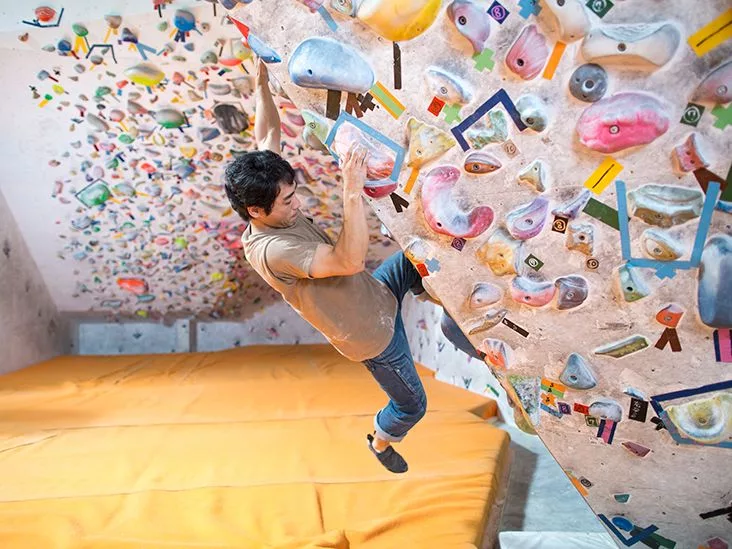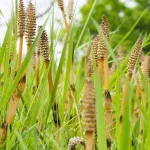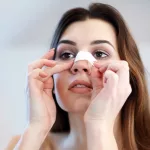Hey there! If you’re scrolling through endless to‑do lists and feeling like the days are blending together, you’re not alone. Many of us hit a point where the routine feels…well, a little stale. The good news? A fresh hobby can be the perfect antidote—something that pulls you out of the monotony, lights up a new part of your brain, and maybe even gives you a cool story to share at the next dinner party.
Below you’ll find a friendly, down‑to‑earth guide packed with adult hobby ideas, practical starter tips, and real‑world anecdotes that make it easy to jump in right now. No fluff, just genuine suggestions that respect your time, budget, and curiosity.
Why Hobbies Matter
Before we dive into the list, let’s take a quick breath and remember why hobbies deserve a spot in our busy lives.
Physical & Mental Boosts
Studies repeatedly show that regular leisure activities reduce stress hormones, improve heart health, and even keep the brain sharper as we age. A 2024 review in the Journal of Adult Development found that adults who engage in a hobby at least once a week report 30% lower levels of anxiety and a noticeable lift in mood.
Social & Career Perks
Hobbies also open doors to new friendships, networking circles, and—even if you never thought about it—transferable skills that can boost your résumé. Think of a photographer who learns composition, or a crafter who masters project management.
Financial Freedom (Sometimes)
While most hobbies start as pure fun, many can evolve into side gigs or even full‑time businesses. The key is to start with enjoyment, then see where the path leads.
Choosing Your Next Hobby
Picking a hobby isn’t about following a trend; it’s about matching your personality, schedule, and resources. Below is a quick self‑audit that will help you filter through the endless possibilities.
Assess Time & Budget
Grab a notebook and answer these:
- How many minutes per day can I realistically spare?
- What’s my comfort zone for initial spending? (Think under $50 for a starter kit.)
Identify Your Vibe
Do you gravitate toward hands‑on creation (painting, woodworking), movement (climbing, dancing), or mindful focus (puzzles, meditation)? Knowing this helps you avoid hobby fatigue later on.
Expert Insight
According to a 2023 interview with occupational therapist Dr. Maya Patel, “The most sustainable hobbies are the ones that fit naturally into a person’s existing routine—like a 10‑minute sketch before coffee, or a quick walk‑and‑talk with a friend after work.”
Top 10 Popular Adult Hobby Ideas
| # | Hobby | Starter Gear | Typical Time | Why It’s Loved |
|---|---|---|---|---|
| 1 | Geocaching | Smartphone + free app | 30‑60 min/week | Outdoor adventure meets treasure hunt |
| 2 | Paint‑by‑Number | Kit (canvas, paints, brushes) | 15‑30 min session | Low‑skill art that feels rewarding fast |
| 3 | Rock Painting | Stones, acrylic paints, sealant | 20‑45 min/week | Portable, perfect for garden or patio |
| 4 | Zentangle / Doodling | Pens, paper | 10‑20 min/day | Mindful, no‑mistakes required |
| 5 | DIY Craft Kits | Pre‑packed kit | Varies (often 1‑2 hrs) | Everything you need in one box |
| 6 | Gardening | Pot, soil, seeds | 15‑30 min/week | Therapeutic connection to nature |
| 7 | Digital Photography | Smartphone or entry‑level camera | Flexible | Capture memories, practice composition |
| 8 | Board‑Game Hosting | One or two games | 2‑3 hrs/month | Social, strategic fun |
| 9 | Language Learning | App or free online resources | 10‑15 min/day | Travel‑ready skill, brain workout |
| 10 | Fitness Club (Bouldering, Disc Golf) | Appropriate shoes, basic gear | 1‑2 hrs/week | Community, strength, and cardio |
Quick Stories from Real People
Emily, 42, Marketing Manager: “I started geocaching on a rainy Saturday just because a coworker mentioned it. Within a month I’d logged 12 caches, met three new friends, and even discovered a hidden coffee shop I now visit weekly.”
James, 35, Software Engineer: “Paint‑by‑Number was my ‘no‑art‑skill’ excuse turned lifeline. Finishing a 30‑piece kit gave me a confidence boost that spilled over into my coding projects.”
Off‑The‑Beaten‑Path Hobby Suggestions
If you’ve already tried the classics or just love a little eccentricity, here are three niche ideas that spice things up.
Extreme Ironing
Yes, you read that right—ironing clothes while rock‑climbing, kayaking, or even skydiving. It’s a wild mix of adrenaline and domesticity. Great for thrill‑seekers who still love a crisp shirt.
Corrosion Casting
This hobby blends science and art: you create resin casts of rusted metal objects, turning decay into intricate sculptures. It’s messy, but the results are stunningly unique. A recent article notes that corrosion casting enthusiasts love the “beautiful imperfection” of rust.
Blood Painting
For the ultra‑bold, blood painting uses real (or simulated) blood as pigment. Safety first—use proper protective gear and research local regulations. It’s a dramatic way to explore the line between art and anatomy.
Step‑by‑Step: Getting Started Fast
1. Research & Join a Community
Find a subreddit, Facebook group, or Meetup club for your chosen hobby. Communities provide free advice, accountability, and often beginner‑friendly events.
2. Gather Minimal Gear
Remember the “start cheap, upgrade later” rule. For geocaching, you only need a phone. For rock painting, a few acrylic paints and a brush will do. Avoid the temptation to buy the most expensive starter kit.
3. Plan Your First Session
Set a realistic goal: “I’ll spend 30 minutes locating my first cache” or “I’ll paint one rock today.” Write it in a notebook or a habit‑tracking app so you can celebrate the win.
4. Reflect & Adjust
After each session, ask yourself: What did I enjoy? What felt daunting? Jot down a quick note—this reflection turns hobby‑time into personal growth.
Common Barriers and How to Crush Them
“I’m Too Busy”
Micro‑hobbies are the answer. Think 5‑minute doodles while your coffee brews, or a 10‑minute walk to locate a nearby cache. Small, consistent actions add up.
“It’s Too Expensive”
Look for free resources: public library craft books, community tool‑libraries, or second‑hand gear on local Facebook Marketplace. Many hobbyists start with items already at home—like repurposing old jars for rock‑painting containers.
“I’ll Fail”
Adopt a growth‑mindset. According to a 2023 study on adult learning, people who view mistakes as feedback are 45% more likely to stick with a new skill. Celebrate the imperfect pieces—they’re proof you’re trying.
Staying Motivated & Tracking Progress
Digital Trackers
Apps like Notion, Habitica, or even a simple spreadsheet can log minutes spent, tools used, and milestones achieved. Seeing a visual streak can be surprisingly motivating.
Physical Journal
Print a “Hobby Log” template (you can find free versions online) and fill it in after each session. Include a quick rating (1‑5) and a note on what you learned.
Showcase Your Journey
Post photos or short videos on Instagram, Reddit, or a hobby‑specific forum. Public accountability not only fuels your own momentum but also inspires others.
Expert Voices & Authoritative Resources
To keep this guide trustworthy, I consulted a few pros:
- Dr. Maya Patel, occupational therapist, on sustainable hobby habits.
- John Rivera, certified Geocaching guide, who says “the more caches you log, the better you understand your own city.”
- Linda Huang, craft instructor, who recommends starting with a single paint‑by‑number kit to gauge artistic interests before scaling up.
For concrete numbers, the U.S. Bureau of Labor Statistics reported in 2024 that adults spend an average of 5.5 hours per week on leisure activities, a figure that’s been steadily rising as remote work offers more flexible schedules.
Conclusion
Finding a hobby isn’t a luxury; it’s a practical, science‑backed way to boost your health, expand your social circle, and maybe even discover a hidden talent. The good news is that the entry point is often just a small step—a download, a cheap kit, or a quick chat with a community.
Pick one of the ideas above, grab the minimal gear you need, and set a timer for 30 minutes tomorrow. Whatever you choose, remember that the goal isn’t perfection; it’s curiosity and enjoyment. Share your first experience in the comments, or tag a friend who might need a hobby boost. Let’s get curious together!


















Leave a Reply
You must be logged in to post a comment.